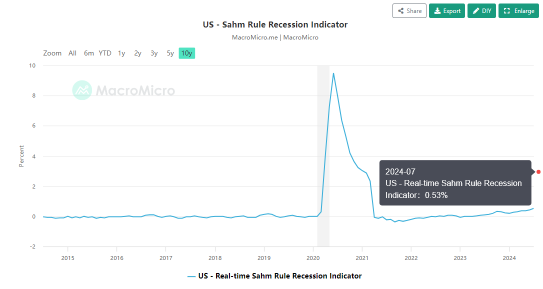No Data
TOPIXNEXT TOPIX Futures Next Contract
- 2776.5
- 0.00.00%
- 5D
- Daily
- Weekly
- Monthly
- 1Q
- 1Y
News
Japanese stocks continue to soar in 2024: the Nikkei/Yen set a new year-end closing high with an annual increase of nearly 20%.
① In 2024, the Nikkei 225 Index closed at 39,894.54 points, marking the highest annual closing level in history, surpassing the record set in 1989; ② The Nikkei 225 Index rose by 6,430.37 points throughout the year, up nearly 20% year-on-year, continuing significant growth for two consecutive years; ③ Analysts expect that the outlook for Japan's corporate giants and investor confidence will bolster the performance of Japanese stocks next year.
Japan's Stock Market Poised for New Highs -- Market Talk
12/30 [Strength and Weakness Materials]
[Bullish and Bearish Materials] Bullish materials: The Nikkei average is rising (40281.16, +713.10) • 1 dollar = 157.80-90 yen • U.S. crude oil Futures are rising (70.60, +0.98) • Active Share Buyback • Requests for corporate value enhancement by the Tokyo Stock Exchange. Bearish materials: The Dow Jones Industrial Average is falling (42992.21, -333.59) • The Nasdaq Composite Index is falling (19722.03, -298.33) • Chicago Nikkei Futures are falling (40130, -100) • The SOX Index is falling (5122.97, -
Defense spending is increasing, and Japan's total budget for 2025 will reach a record 115 trillion yen.
In the new budget proposal, the spending items with the largest increase include: a significant increase of over 10% in defense spending, reaching 8.5 trillion yen; and an approximately 7% increase in allocations to local governments. Due to record high tax revenues, the scale of newly issued government bonds will decrease by nearly one-fifth, down to 28.6 trillion yen.
12/27 [Strong and Weak Materials]
[Bullish and Bearish Materials] Bullish materials: Nikkei Average is rising (39,568.06, +437.63) · Dow Jones Industrial Average is rising (43,325.80, +28.77) · 1 USD = 158.00-10 yen · Chicago Nikkei Futures are rising (39,700, +210) · SOX index is rising (5,175.31, +1.75) · Active Share Buyback · Request for corporate value enhancement by the Tokyo Stock Exchange. Bearish materials: Nasdaq Composite Index is falling (20,020.36, -10.77) · VIX index is rising (14.73, +0.
Nikkei May Rise as Weak Yen Raises Earnings Hopes -- Market Talk
Comments
🚨🚨 ETHENA's #USDe stablecoin has experienced almost $100 million in redemptions since Monday, according to The Block.
🚨🚨 TrumpCoin (DJT), launched by Martin Shkreli, crashes 92% in last four hours.
🇮🇳 India Government sends $87 million GST notice to Binance
🇯🇵 Japanese stock market rebounds following yesterday’s bloodbath that saw biggest daily losses since 1987.
Key in...
Initial Cracks
Cracks in the markets were already showing 2 weeks back on the week of 23rd July. The catalyst that kicked off this meltdown started with two major stocks, Alphabet ( $Alphabet-A (GOOGL.US)$) and $United Parcel Service (UPS.US)$. Alphabet announced its earnings and even though it beat expectations, the performance was nowhere near stellar compared to the previous quarter. This was taken as a signal that perhaps t...






The Nikkei 225 Index fell below the 33,000 handle, erasing YTD gains.
China:
CIRCUIT BREAKER TRIGGERED FOR TOPIX INDEX UNTIL 9:26:13AM JST, THE INDEX TUMBLED BY ABOUT 20% FROM JULY PEAKS.
NIKKEI 225 FELL BY 7% AT A TIME, ALSO ON TRACK TO BEAR MARKET.
MUFG SHARES FALL AS MUCH AS 21%, RECORD INTRADAY DECLINE.
$FTSE China A50 Index (.FTXIN9.CN)$ $Shenzhen Component Index (399001.SZ)$ $SSE Composite Index (800146.HK)$ $CBOE Volatility S&P 500 Index (.VIX.US)$ $Hang Seng Index (800000.HK)$ $Dow Jones Industrial Average (.DJI.US)$





